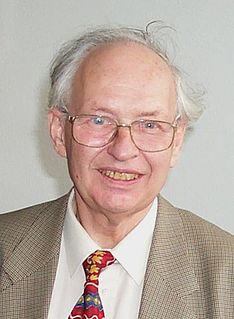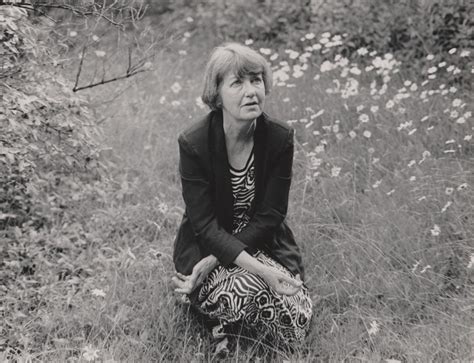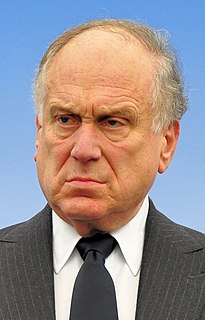A Quote by Carol Drinkwater
Warsaw's historic heart was deliberately almost entirely destroyed towards the end of the Second World War by the German occupying troops. After the war, it was painstakingly rebuilt and that reconstruction is perceived as expressing the nation's determination to survive, to conserve its history and its culture.
Related Quotes
Is it not tragic, for example, that while in the last World War almost everyone believed it was the war to end all wars and wanted to make it so, now in this Second World War almost no writer that I have read dares even suggest that this is the war to end all wars, or act on that belief? We have lost the courage to hope.
I was born in Breslau on October 5th, 1930. At that time, Breslau, now called Wroclaw, belonged to Germany, and only German was spoken there. After the Second World War, Breslau became Polish, and the original German population was almost completely replaced by a Polish one. I have never visited Wroclaw after the war.
History's villains are more easily recognized in retrospect. In an article published in 1935 and reprinted in 1937, Winston Churchill expressed a curious ambivalence towards the German chancellor prior to the outbreak of war: We cannot tell whether Hitler will be the man who will once again let loose upon the world another war in which civilization will irretrievably succumb, or whether he will go down in history as the man who restored honour and peace of mind to the great Germanic nation. . . .
The Philippines and the U.S. have had a strong relationship with each other for a very long time now. We have a shared history. We have shared values, democracy, freedom, and we have been in all the wars together in modern history, the World War, Second World War, Cold War, Vietnam, Korea, now the war on terrorism.
History of America, Part I (1776-1966): Declaration of Independence, Constitutional Convention, Louisiana Purchase, Civil War, Reconstruction, World War I, Great Depression, New Deal, World War II, TV, Cold war, civil-rights movement, Vietnam. History of America, Part II (1967-present): the Super Bowl era. The Super Bowl has become Main Street’s Mardi Gras.
If you look at the Gulf War or new military technologies, they are moving towards cyberwars. Most video-technologies and technologies of simulation have been used for war. For example, video was created after the Second World War in order to radio-control planes and aircraft carriers. Thus video came with the war. It took twenty years before it became a means of expression for artists.
... there was the first Balkan war and the second Balkan war and then there was the first world war. It is extraordinary how having done a thing once you have to do it again, there is the pleasure of coincidence and there is the pleasure of repetition, and so there is the second world war, and in between there was the Abyssinian war and the Spanish civil war.
There used to be the Soviet Union and the Warsaw Pact. There used to be Soviet troops in the GDR. And we must honestly admit that they were occupation troops, which remained in Germany after WWII under the guise of allied troops. Now these occupation troops are gone, the Soviet Union has collapsed, and the Warsaw Pact is no more. There is no Soviet threat, but NATO and U.S. troops are still in Europe. What for?
There is a myth that the New Deal programs on their own pulled the US out of the Great Depression and created the conditions for the economic boom after World War II. As an economist, I can tell you, that is not true. In reality, it was mainly World War II that launched the boom - the massive war mobilization, the horrifying destruction and death caused by it, and then the reconstruction in its aftermath. he US was the only advanced capitalist country that was not bombed during the war.




































